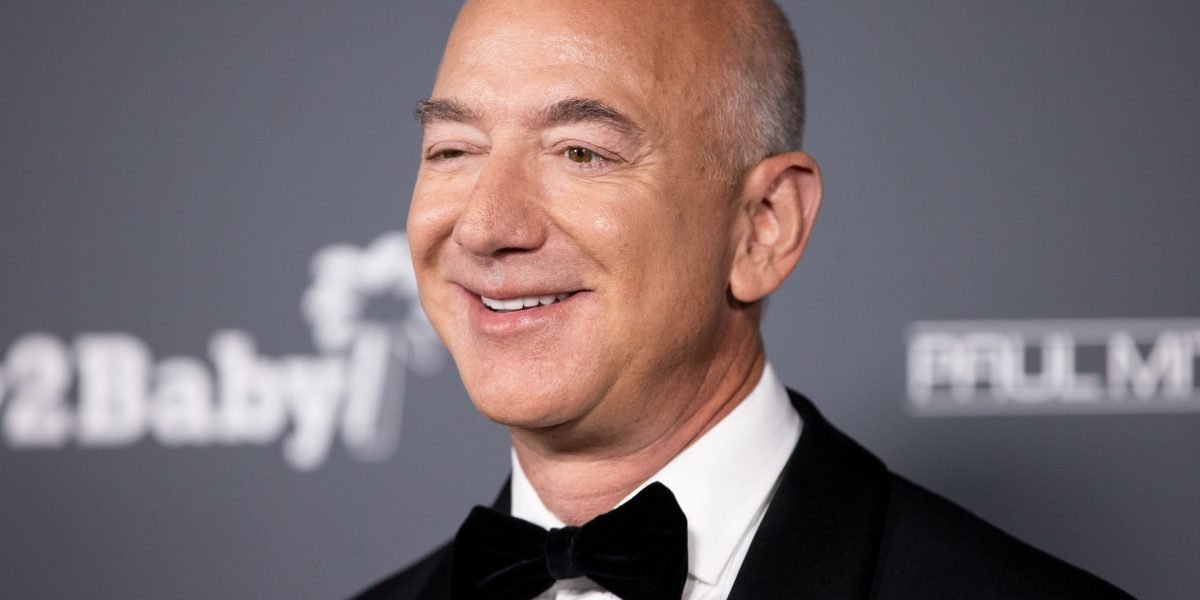Being an effective change agent doesn’t require you to have all the answers about what to do. It does not require you to be a brilliant visionary who is extremely confident that you know the way forward. Even brilliant visionaries make mistakes in what they believe about the future, including Steve Jobs. He was emphatically wrong about the future of the iPhone and strongly argued against developing it.
To be an effective change agent do require you to take the chance to speak up, to share your ideas, despite the fact that some of those you share them with will almost certainly reject them, if not ridicule them. Take comfort in the fact that many great innovations have been scoffed at when they were first proposed. An article in Business Insider titled “7 World-Changing Inventions That Were Ridiculed When They Came Out” reports that in response to the news that Thomas Edison was working on developing a light bulb, a committee in the UK Parliament issued a statement that the idea was “unworthy for the attention of practical or scientific men.” The other seven inventions mentioned? Coffee. Umbrellas. Vaccines. Taxis. Airplanes. And personal computers.
Who wouldn’t want to be the one to endure some ridicule while moving forward with these ideas?
Get ideas for Jeff Bezos
Or consider the story of Amazon Prime. An engineer at the company, Charlie Ward, was annoyed by Amazon’s Super Saving Shipping service, which offered customers free shipping if their order was $25 or more. As told by business journalist Jason Del Ray, what irked Ward was that he couldn’t use Amazon’s convenient One-Click option to make Super Saver purchases. “I’m a one-click addict,” Ward explained. “I hate having to go through the order pipeline and select everything over and over and over.”
Fortunately for Amazon, Ward’s frustration grew and grew. “I have a perfectionist mentality,” he shared. “Things annoy me a little and become more and more annoying over time.” He believed that Amazon should make ordering easier, and one day, in 2004, he pitched an idea to his team. “Wouldn’t it be great if customers just gave us a chunk of change at the beginning of the year and we calculated zero on their shipping costs for the rest of that year?” He remembers that the first reaction from his colleagues was “Is Charlie crazy?”
What if the upfront fee charged didn’t cover the shipping costs customers would have otherwise been charged? Even worse, what if customers ordered a lot more because they knew that over a certain amount they would get free shipping? They would abuse the program. The company could be destroyed, some thought.
But not Jeff Bezos. When the idea bubbled up to him, he jumped on it. How brilliant if such a program would motivate customers to order more! As long as Amazon could find the right mix of fees and incentives to buy, he figured, the program could be a huge generator of sales growth over time. Bezos even upped the ante on the idea significantly, claiming the program would offer two-day shipping, which few retailers offered and would push Amazon’s fulfillment capabilities to the max.
Amazon’s corporate culture pays off
Launched in 2005 with a $79 annual membership fee, Prime cost Amazon dearly. But it also built great customer loyalty, and as the company added more and more features, like Prime Video and Music, just as Bezos had predicted, it saw a ton of growth.
Charlie Ward’s crazy notion worked for Jeff Bezos because Bezos created a culture at Amazon to value input from people at all levels of the corporate hierarchy. He made it clear that he wanted them to speak up, even if it was criticism. “Any high-performing organization must have a mechanism and a culture that supports truth-telling,” he has said. At Amazon, one of those is a digital employee suggestion box, and Ward submitted his idea to it. Unfortunately, far too few companies have such formal channels for sharing innovative ideas. Therefore, it requires courage and a strategy to build support.
Stephen R. Covey, a world-renowned leadership expert and author of the long-running bestselling book, The 7 Habits of Highly Effective Peopledescribed leadership as the ability to communicate “to people their worth and potential so clearly that they are inspired to see it in themselves.” When it comes to leading a mindshift, we must begin by leading ourselves. We must cultivate our belief in our worth and our potential to be the leader that is needed.
Excerpted with permission of the publisher, Wiley, from Mindshift: Transforming Leadership, Driving Innovation and Reshaping the Future by Brian Solis. Copyright © 2024 by John Wiley & Sons, Inc. All rights reserved.
Read more:
Next to Lead: Get the strategies and insights you need to get to the corner office delivered to your inbox every week.
Register here.
